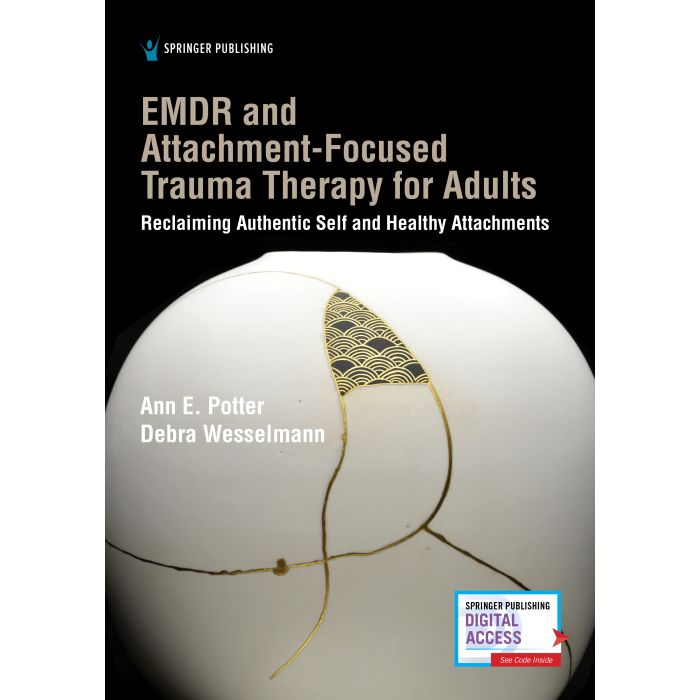Family therapy and EMDR after child abuse and neglect: Moderating effects of child attachment style and PTSD symptoms on treatment outcome
This study examined whether attachment style and PTSD symptoms acted as moderators for treatment outcomes of a new integrative treatment model for trauma and attachment in which family therapy is combined with EMDR.
Article Abstract
“Background: Effective and appropriate care and treatment for children in order to decrease the psychosocial problems that arose after experiencing child abuse and neglect (CAN) is of vital importance, given the severity of symptomatology that may develop.
Objective: The purpose of the present study was to examine whether attachment style and core cluster Posttraumatic Stress Disorder symptoms acted as moderators for treatment outcomes of a new integrative treatment model for trauma and attachment. In this treatment model, family therapy is combined with EMDR and obstacles for trauma processing are tackled first.
Method: we included children, ages 6–12 years, with a history of CAN, who did not respond to evidence-based trauma treatment. Target treatment outcomes were problems in attachment, posttraumatic stress symptoms, behaviour, and emotion regulation. We conducted a multiple-baseline ABC Single-Case Experimental Design (SCED). We categorized 12 participants into four groups of attachment style and core cluster PTSD symptoms: (1) non-disorganized & re-experiencing; (2) non-disorganized & avoidance/hyperarousal; (3) disorganized & re-experiencing; & (4) disorganized & avoidance/hyperarousal. We compared the four groups with each other and across time, and the interaction between groups and effect over time. We conducted non-parametric permutation tests and estimated q-values for false discovery rate control.
Results: Children with a disorganized attachment style had more severe symptomatology in general, except for posttraumatic stress symptoms. The treatment appeared more effective in targeting and successfully treating children with a non-disorganized attachment style, and specifically children with a non-disorganized attachment style and re-experiencing as core cluster PTSD symptoms.
Conclusion: Our study underlines the complexity of treating children who developed a complicated combination of symptomatology after CAN and calls for the continuous development of innovative interventions.“
—Description from publisher
Article Access
Open Access
van der Hoeven, M. L., Bouwmeester, S., Schlattmann, N. E. F., LIndauer, R. J. L., & Hein, I. M. (2024). Family therapy and EMDR after child abuse and neglect: Moderating effects of child attachment style and PTSD symptoms on treatment outcome. European Journal of Psychotraumatology, 15(1): 2416288. Open access: https://doi.org/10.1080/20008066.2024.2416288
Date
October 25, 2024
Creator(s)
Mara L. van der Hoeven, Samantha Bouwmeester, Nathalie E. F. Schlattmann
Contributor(s)
Ramon J. L. Lindauer, Irma M. Hein
Topics
Attachment, Childhood Trauma, PTSD
Practice & Methods
Integrative Therapies
Extent
17 pages
Publisher
Informa UK Limited trading as Taylor & Francis Group
Rights
© 2024 The Author(s).
APA Citation
van der Hoeven, M. L., Bouwmeester, S., Schlattmann, N. E. F., LIndauer, R. J. L., & Hein, I. M. (2024). Family therapy and EMDR after child abuse and neglect: Moderating effects of child attachment style and PTSD symptoms on treatment outcome. European Journal of Psychotraumatology, 15(1): 2416288. Open access: https://doi.org/10.1080/20008066.2024.2416288
Audience
EMDR Therapists, Other Mental Health Professionals
Language
English
Content Type
Article, Peer-Reviewed
Access Type
External Resource, Open Access





